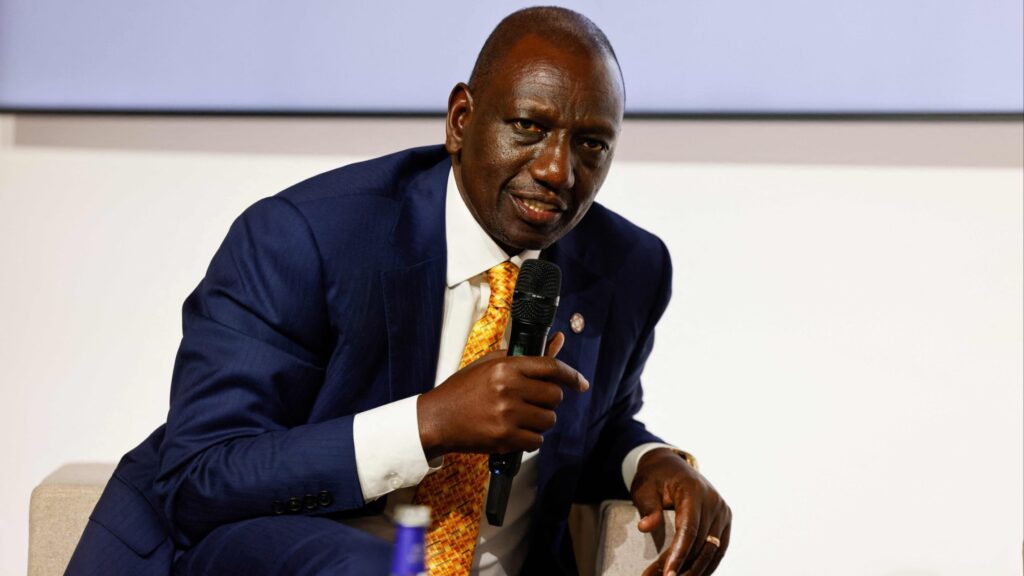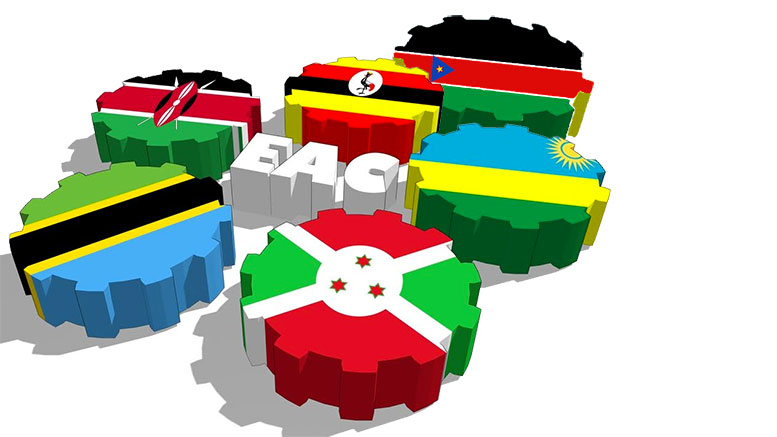Kenyan President William Ruto on Wednesday (26 June) rejected to sign a controversial finance bill into law after peaceful protests turned deadly when protesters stormed parliament and scores of people were shot dead.
A day after what was the biggest and most direct assault on Kenya’s government in decades, the president now says the bill caused “widespread dissatisfaction” and he has listened and “conceded.” The violent protests that shook the nation and turned deadly amount to a major setback for Ruto, who came to power vowing to help Kenyans cope with rising costs. Instead, he has seen much of the country, led by the so-called Generation Z, unite in opposition to his latest attempt at economic reforms. The proposed bill was meant to allow Ruto’s government to raise funds to pay off debt, but Kenyans said the bill caused more economic pain as millions struggle to get by.
“The people have spoken,” Ruto said in a press conference. “It is necessary for us to have a conversation as a nation on how to manage the affairs of the country together.”
Since his U-turn, speculations have swirled about what changed Ruto’s mind, with some experts suggesting that Western pressure likely forced the Kenyan president to backtrack after deadly violence. Since his election in 2022, Ruto has drawn close to Western powers, and to the US in particular, Ruto has emerged as the most viable East African leader to back.
State Department spokesman Matthew Miller said in a press release that Secretary of State Antony J. Blinken talked with the Kenyan President William Ruto on Wednesday and thanked him for taking steps to reduce tensions and pledging to engage in dialogue with the protestors and civil society.
The Secretary underscored the importance of security forces demonstrating restraint and refraining from violence and encouraged prompt investigations into allegations of human rights abuses. The Secretary also welcomed President Ruto’s commitment to Kenyans’ constitutionally-endowed rights, including peaceful assembly and due process for those detained.
Even as cloud hangs over his credibility, as experts point out, “I don’t believe it is genuine, I think he is just buying time,” says Willis Okumu, a senior researcher with Institute for Security Studies (ISS).



